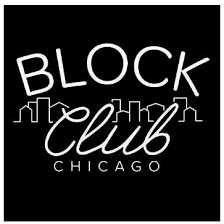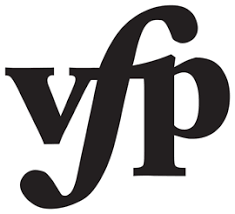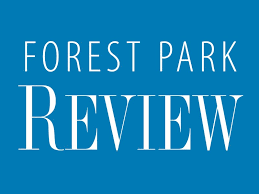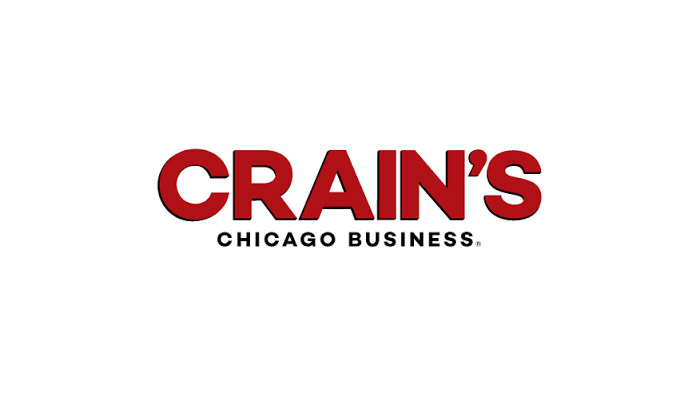 Bell-Quinn, who lives in Logan Square with her partner, said she saw a need to return to her childhood home and create a positive legacy.
Bell-Quinn, who lives in Logan Square with her partner, said she saw a need to return to her childhood home and create a positive legacy. According to Harvey’s count, Bellwood now has 25 of what Crain’s Chicago Business dubbed “village hall-built houses,” or homes that the village has been building on its own since 2016, as a way to improve its housing stock.
According to Harvey’s count, Bellwood now has 25 of what Crain’s Chicago Business dubbed “village hall-built houses,” or homes that the village has been building on its own since 2016, as a way to improve its housing stock.  “While there’s a very vibrant art and culture scene in Chicago, there isn’t a lot of bespoke contemporary architecture, and what exists in residential is almost exclusively very high end — so we’re hoping to help change that narrative,” co-principal Ann Lui explained. “Because Chicago residential lots are all the same size, it’s easy for people to repeat plans and end up with a lot of underwhelming architecture. We’d like to be a trend in a different direction.”
“While there’s a very vibrant art and culture scene in Chicago, there isn’t a lot of bespoke contemporary architecture, and what exists in residential is almost exclusively very high end — so we’re hoping to help change that narrative,” co-principal Ann Lui explained. “Because Chicago residential lots are all the same size, it’s easy for people to repeat plans and end up with a lot of underwhelming architecture. We’d like to be a trend in a different direction.”  The work is the first phase of a wider four-part plan to expand the nonprofit animal shelter’s premises, which will ultimately allow ACL to take in more animals and increase its in-house care services.
The work is the first phase of a wider four-part plan to expand the nonprofit animal shelter’s premises, which will ultimately allow ACL to take in more animals and increase its in-house care services. “When you’re a smaller business it’s hard for someone to have that capital to go through the tough times,” Harrison said. “I had to sell because I was constantly being crunched taking money from myself, my family, my daughter, trying to make decisions: ‘I’m not paying my own mortgage, but I’m paying the mortgage for all these other buildings.’”
“When you’re a smaller business it’s hard for someone to have that capital to go through the tough times,” Harrison said. “I had to sell because I was constantly being crunched taking money from myself, my family, my daughter, trying to make decisions: ‘I’m not paying my own mortgage, but I’m paying the mortgage for all these other buildings.’” We’re five Black community developers who have worked independently for years, cumulatively rehabbing hundreds of vacant housing units into modern homes across Chicago’s South and West sides in communities like Chatham, Roseland, East Garfield Park and Englewood.
We’re five Black community developers who have worked independently for years, cumulatively rehabbing hundreds of vacant housing units into modern homes across Chicago’s South and West sides in communities like Chatham, Roseland, East Garfield Park and Englewood.